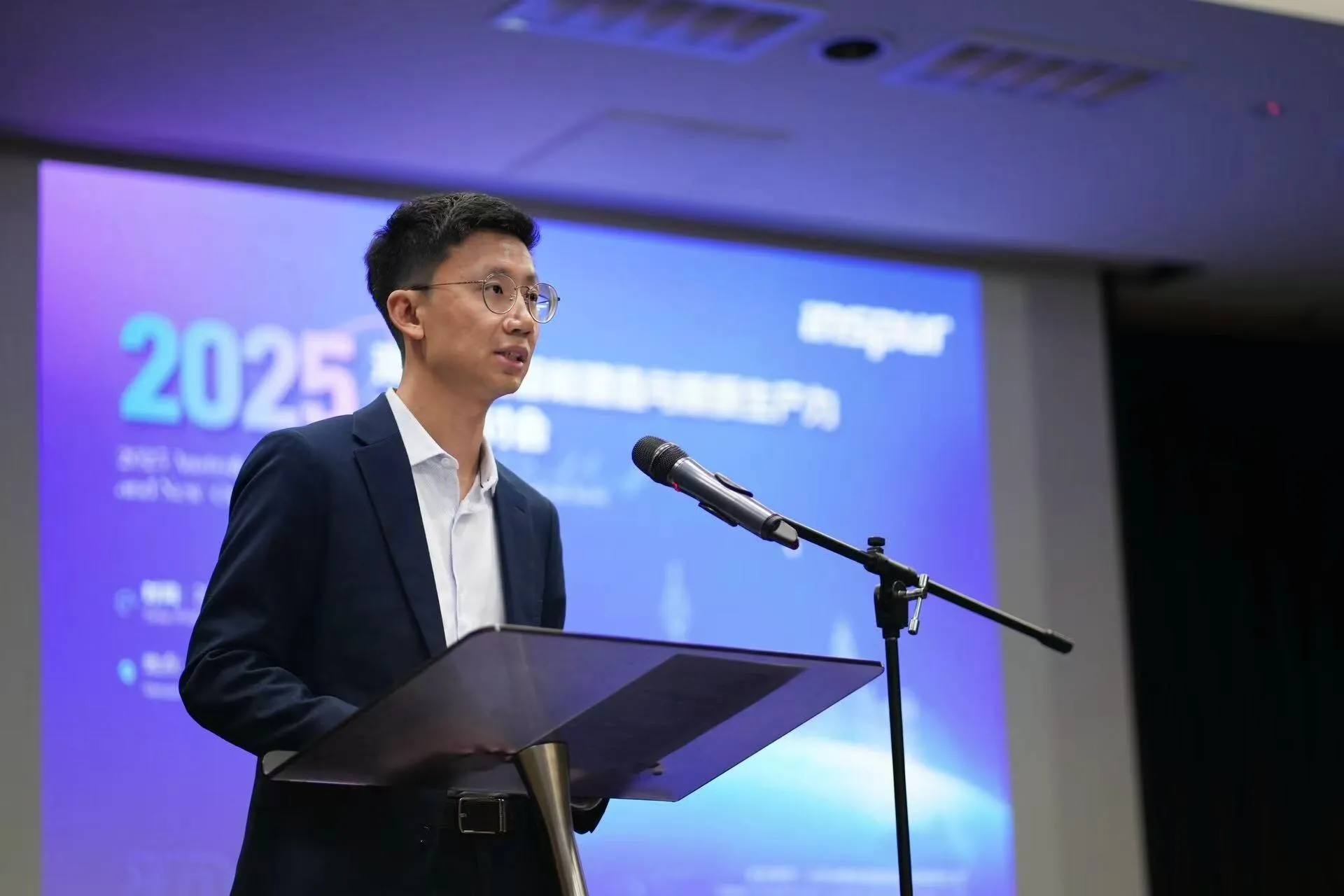

Rustomjee Partners Rotary For SCHOOLR-ATHON 2025 In Dombivli
Rustomjee Group partnered with the Rotary Club of Dombivli Downtown for SCHOOLR-ATHON 2025, a student-community marathon held on 7 December 2025 along the Urban Woods by Rustomjee Drive Road in Dombivli. The event brought together more than 5,000 participants, including 2,200 young runners across 2 km, 3 km and 5 km race categories, promoting fitness, compassion and civic engagement.Proceeds from the marathon will support life-saving paediatric cardiac surgeries for 18 underprivileged children identified by the Rotary Club. With over 2,000 children currently on hospital waiting lists, this yea..

Inspur Showcases Modular Construction Capability in Australia
Shandong Inspur Intelligent Building Technology Co., hosted its Smart Construction and Next-Generation Productivity Showcase in Brisbane, marking its first comprehensive introduction of its modular construction framework to the Australian market. The event drew builders, developers, design firms and engineering consultancies, with discussions centred on offshore modular delivery, regulatory pathways and the role of AI across the construction lifecycle.Haitao Huang, Chairman of TAUCO Australia, outlined the regulatory environment for modular construction, including National Construction Code re..

Exercise Garuda 25 Strengthens Indo–French Air Force Ties
The eighth edition of Exercise Garuda, the bilateral air exercise between the Indian Air Force (IAF) and the French Air and Space Force, concluded recently at Air Base 118 in Mont-de-Marsan, France. The IAF contingent returned to India on 02 December 2025 following the successful completion of the engagement. The IAF participated with Su-30MKI fighters, supported by IL-78 air-to-air refuelling aircraft and C-17 Globemaster III transport aircraft. Both air forces undertook a series of complex missions in a realistic operational setting, including joint planning, integrated strike and escort op..

















